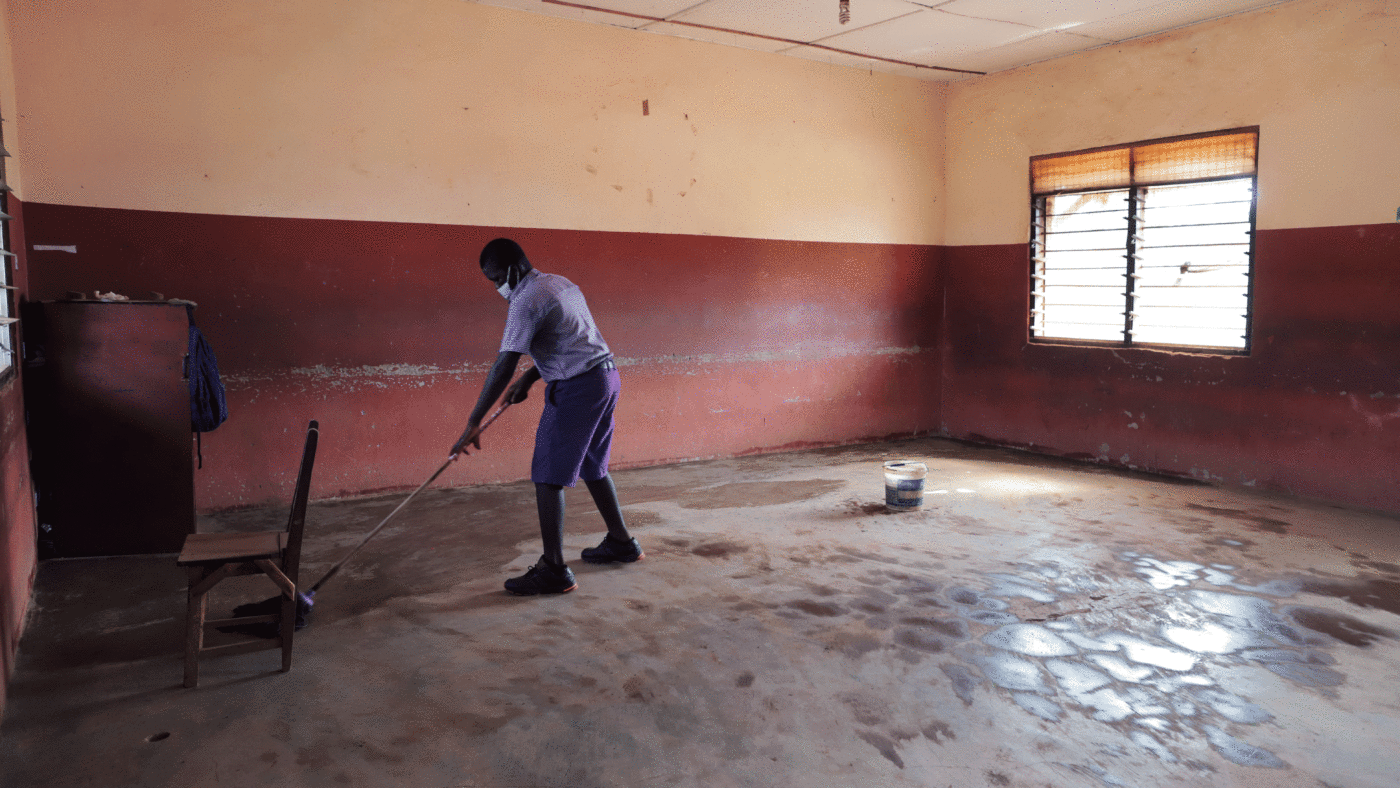With the world battling a pandemic, none of us are safe until all of us are safe. As Britain begins to emerge from the worst of the crisis thanks to our vaccine rollout, we should turn our attention to developing countries, where coronavirus has placed significant strain on already-weak healthcare systems, putting millions of lives at risk both at home and abroad.
A UK-led health and green debt initiative would offer relief to the world’s poorest nations, freeing up vital funds to pay for vaccinations, and tackle climate change. As the Prime Minister has made clear, Climate Change is the biggest threat that we all face after COVID. The UK is rightly leading the way in efforts to help build back better and more sustainably but there is still more we can do.
Prior to the pandemic, 64 lower income countries were spending more on debt repayments than on the health and wellbeing of their populations. Ghana, for example, is currently spending almost four times more on servicing its external debt than it is on public healthcare. Even in pre-Covid times, this would seem counterproductive.
Before Covid-19 hit, half the world’s population lacked access to essential healthcare. In our post-pandemic world, we now know that a plague in Mali risks becoming a plague in Middlesbrough. Viruses do not respect borders. Helping to develop the health systems of the most vulnerable overseas is therefore as important to our national defence as strengthening our own protections at home.
Research suggests it could cost African governments $7.7 billion to purchase the vaccines needed for the continent’s population, whereas payments to private creditors by African countries in 2021 are expected to be over three times this amount. Debt cancellation is therefore one of the fastest ways to free up resources for poorer countries to invest in the health of their citizens, and by extension reduce the risk of new and novel viruses from reaching British shores. This would be a bold show of leadership by the UK Government and would prove to the developing world that we are serious about wanting to help them build resilience to any future global shock.
Before the pandemic the great challenge facing the Global South was climate change. It has not gone away, and it remains an inconvenient truth that the countries that are least responsible for causing climate change are the ones suffering most from its effects. Nowhere is this more clear than in the areas of food insecurity and nutrient deficiencies.
Despite having the second smallest carbon footprint in the world, the Democratic Republic of Congo is also the second most food insecure country on the planet. Temperatures there are rising fast, increasing the risk to livestock and crop disease. Rainfall patterns are also changing, leaving Congolese farmers unsure about when to plant and when to harvest.
As we look forward to life beyond the pandemic, debt cancellation should be granted in exchange for a commitment from recipients to invest not just in public health, but in more solar, wind and battery technologies to help tackle the climate crisis. This would benefit not just those countries directly, but would also aid the global effort required to keep temperatures aligned with the Paris Agreement.
As the hosts of both the June G7 summit, and the COP26 climate gathering in November, the UK is uniquely placed to spearhead an international push in this direction. It would be a tangible manifestation of the Build Back Better slogan that is rightly driving the pandemic-recovery debate in both Washington and Westminster.
A UK-led health and green debt initiative would directly benefit some of the poorest and most vulnerable people on our planet. It would be entirely in keeping with our values as a nation, and would help to make the world safer for all of us.
Click here to subscribe to our daily briefing – the best pieces from CapX and across the web.
CapX depends on the generosity of its readers. If you value what we do, please consider making a donation.


